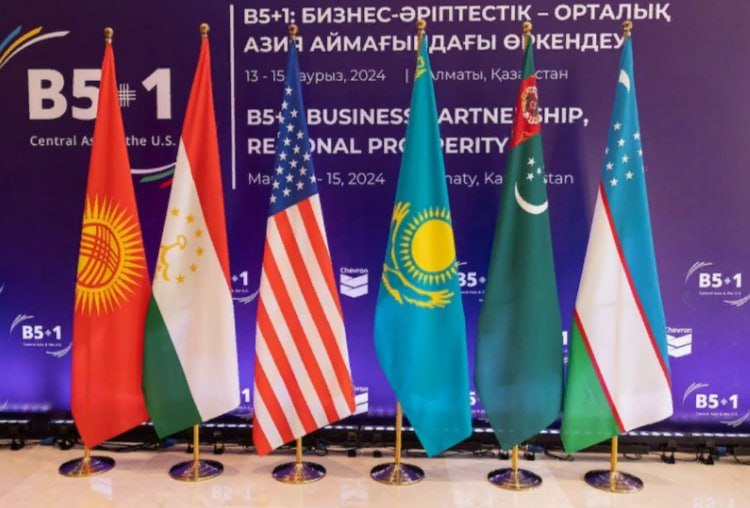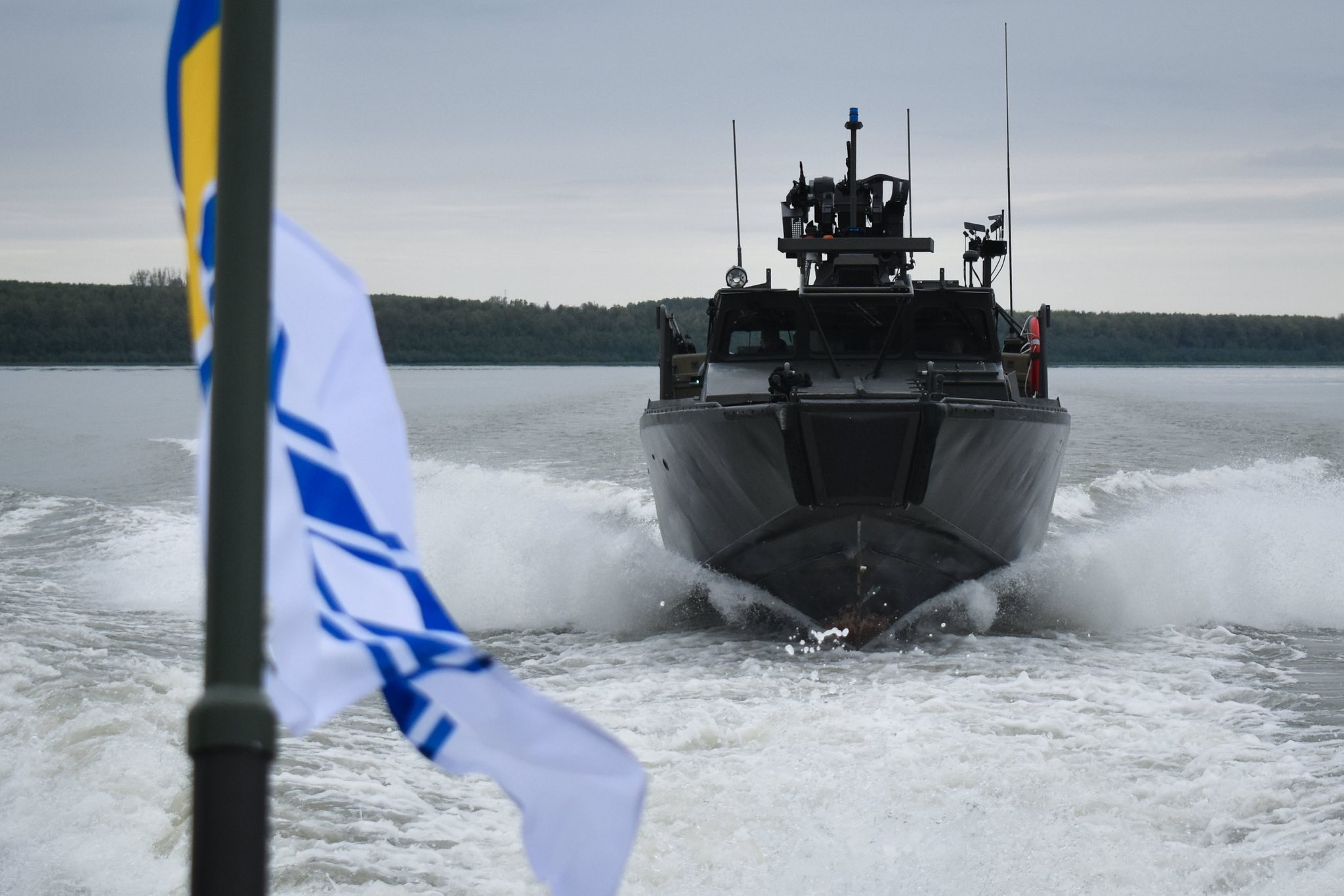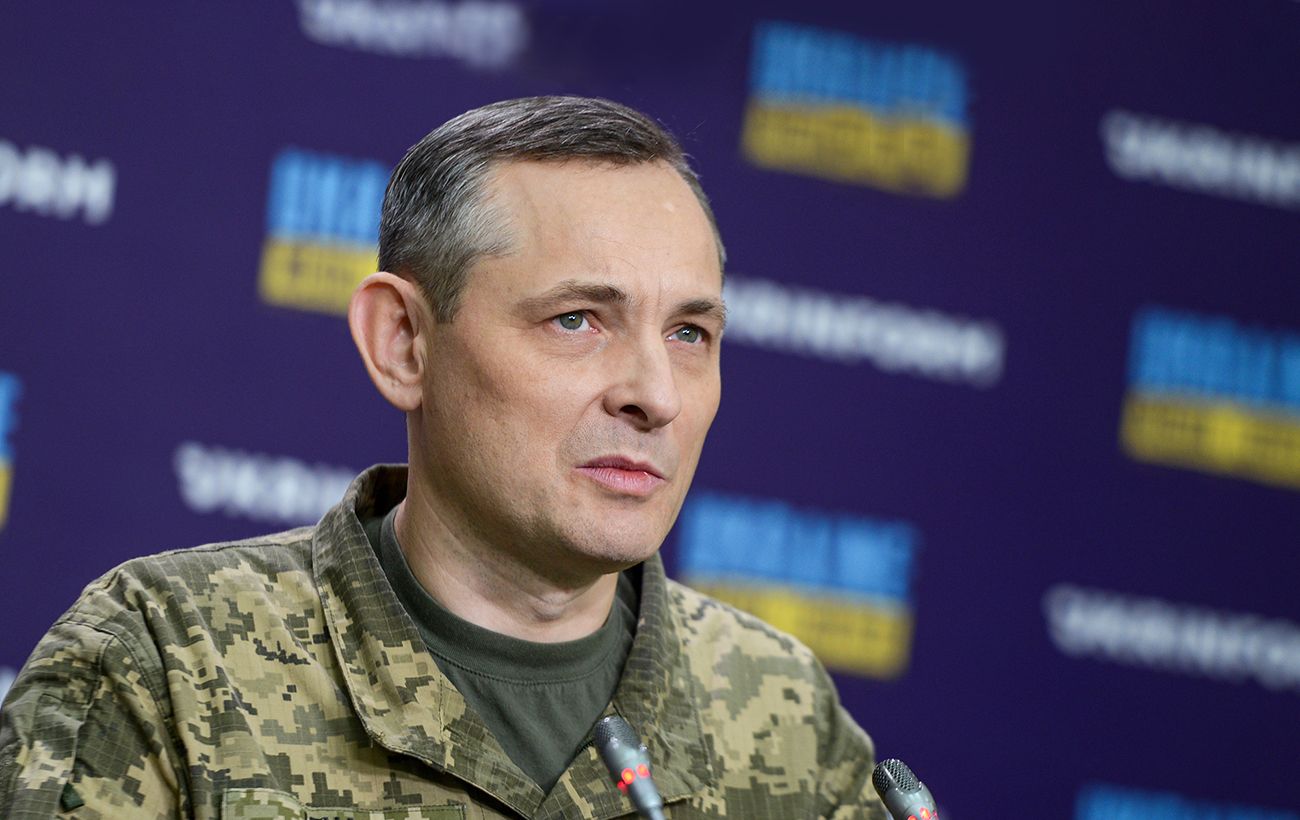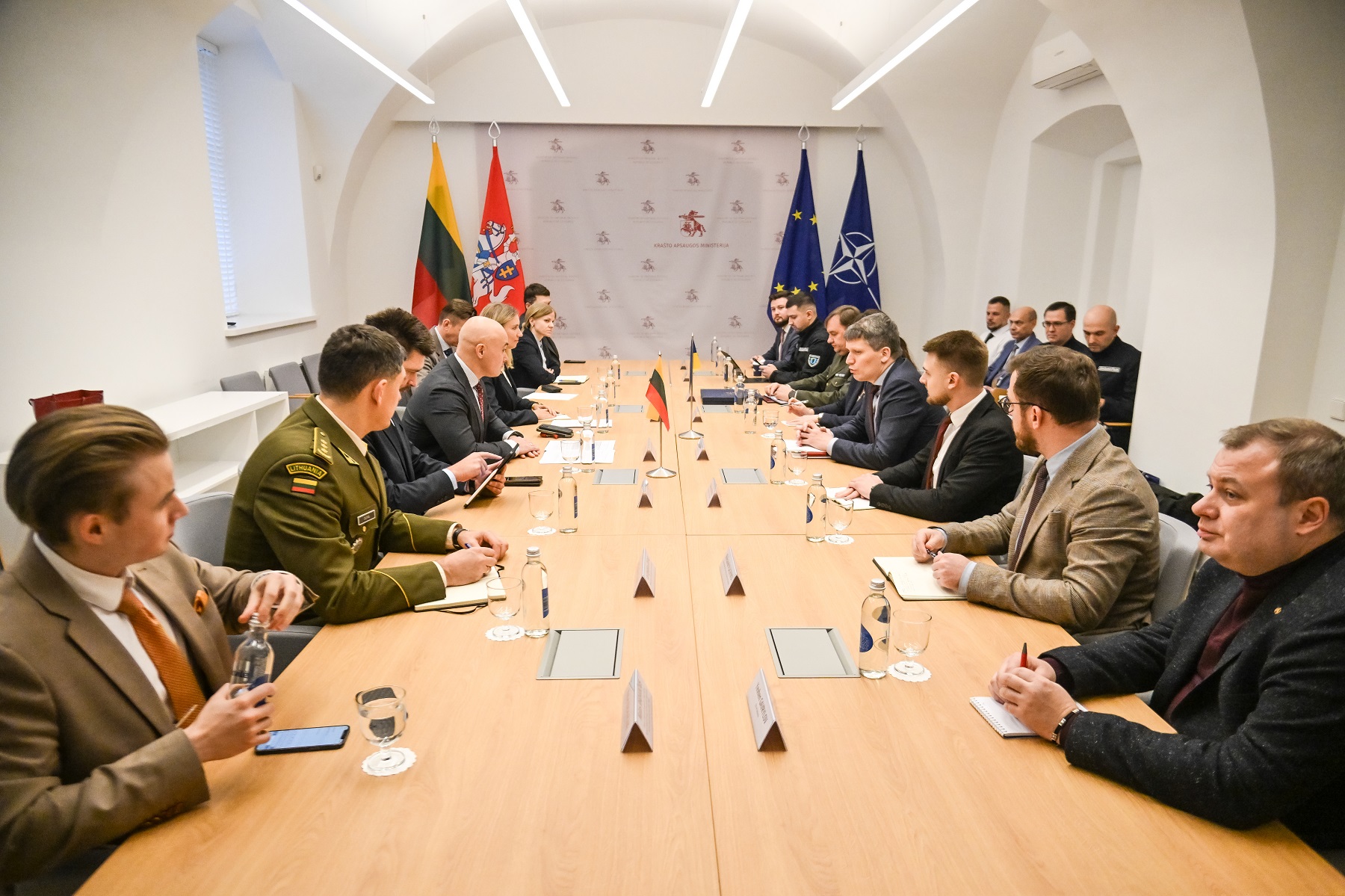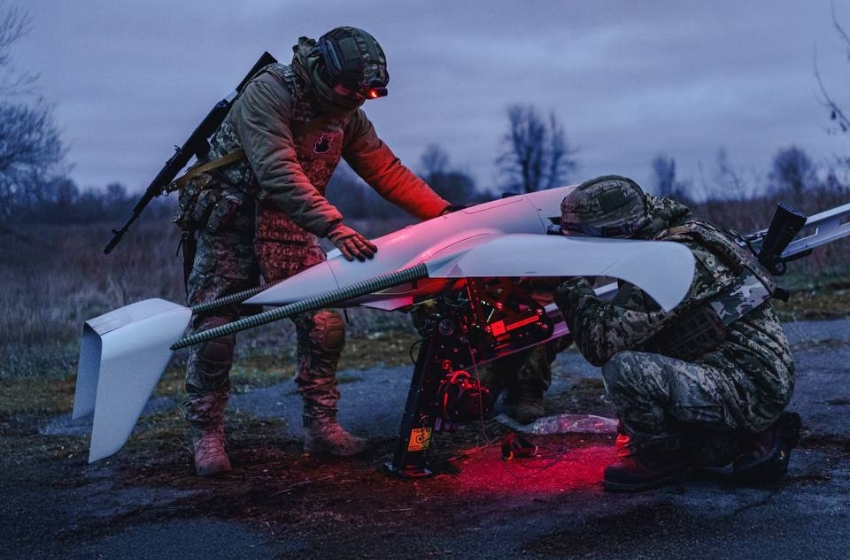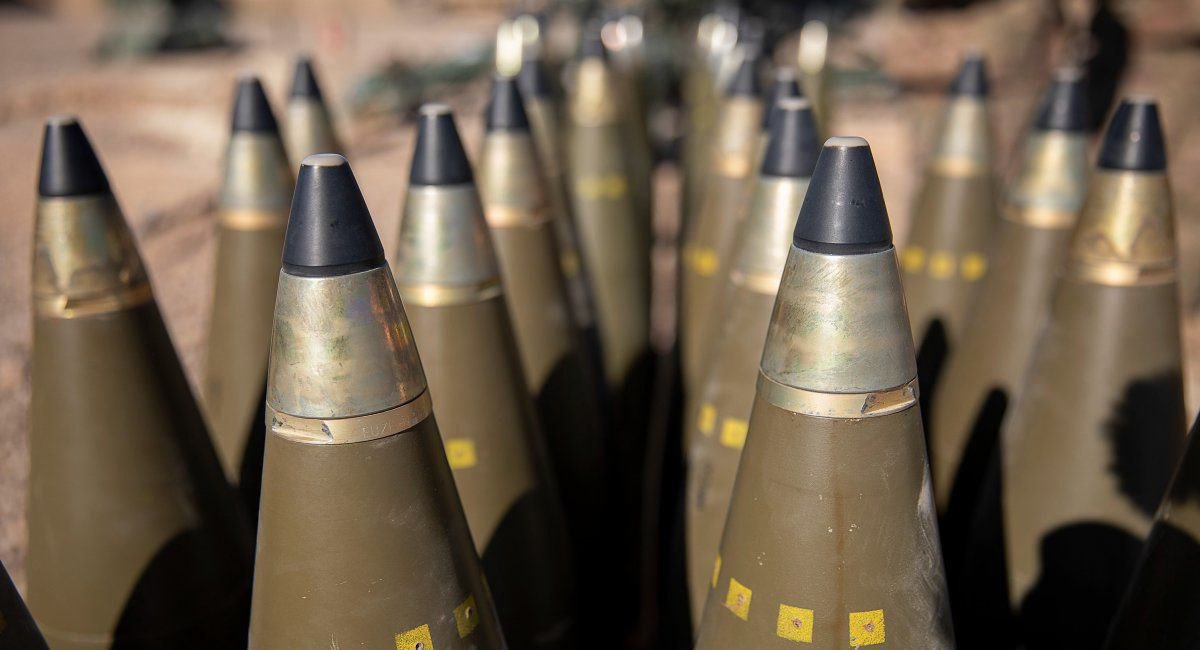By Yigal Levin
There’s a lot of talk about negotiations and "deals". If we strip away all the fluff, the main issue revolves around this: historically, parties only make peace when the situation is completely deadlocked, that is, when there’s nowhere to go—it's not just worse, it's just impossible to go further.
Neither Ukraine nor Russia is in a deadlock situation. Both sides continue to mobilize people, both have resources and means, and both are carrying out active offensive operations (Russia on the battlefield, pushing with more numerous infantry, and Ukraine on the strategic level, hitting critical Russian targets deeper inside).
A deal or agreement is a reflection of what is happening on the ground, in reality, not the other way around. What is meant by the politically correct and veiled phrase "front stabilization" isn’t that it’s moving (whether it’s 10–20 km forward or back—it doesn’t really matter), but that there’s no deadlock. However, no one at the high diplomatic level says this out loud.
It is obvious that the deteriorating economic and material situation in Russia will, at some point, come back to haunt them. In this sense, Ukraine is not in a dead-end situation, which is why it does not agree to a deal under any conditions. Ukraine is literally dictating terms: "Okay, freeze, but we’ll exchange here; freeze here, but we won’t recognize; we continue our course toward the West; we continue the army and militarization," and so on.
This is precisely what slows down the Kremlin, which wants Ukraine’s capitulation and the most advantageous proposals based on the sacrifices and investments it has already made in the war. In other words, the entire issue of negotiations is a big game and a smoke screen: Russia wants to push for minimal goals, Ukraine is unwilling to concede positions and can keep fighting.
Do the U.S. understand this? Yes, they do. Ukraine, skillfully continuing negotiations and agreeing to them on its own terms, keeps shaking Russia—this seems to be the plan. When tomorrow’s "deal" puts you in a losing position, you don’t build long-range drones, you build refugee camps and stand in line for humanitarian aid.
Once again: it’s not the "front stabilization" issue that prevents the war from ending, but the lack of a deadlock for both sides. However, from a strategic standpoint, Russia’s situation is worse because its economy (which is the foundation of everything, primarily the military machine) is not subsidized or supported externally like Ukraine’s economy is. That’s why the Kremlin, knowing this, is trying to negotiate and secure minimal goals (territory capture, as written into the Constitution, and demilitarization of Ukraine, plus no NATO).
If everything were going smoothly for the Kremlin and they were triumphantly heading toward victory, they wouldn’t be negotiating—with Trump or anyone else—they would simply keep fighting. The fact that the party that holds the strategic initiative, the one who started the war, is negotiating, indicates that they fully understand: all this opportunity and success is not eternal, and they need to jump off (with their gains), but jump off in such a way that, classically, yesterday wasn’t too soon, and tomorrow won’t be too late.
Ukraine’s goal, in my opinion, is not to let the Kremlin jump off. To take it to its logical conclusion. I think Kyiv understands this, otherwise, they wouldn’t be ramping up their capabilities and production.















